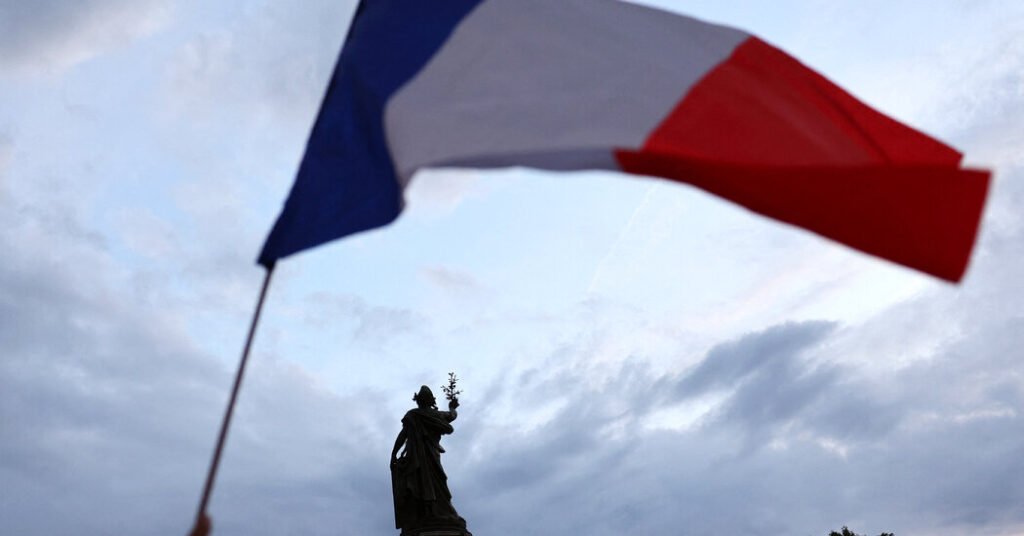France’s legislative elections have resulted in the far-right National Rally party dominating the first round, with voters being asked to choose representatives in the National Assembly. A new majority of lawmakers opposed to President Macron could dramatically shift domestic and foreign policy. If no clear majority emerges, the country could face political deadlock or turmoil, with Macron unable to call new elections for another year.
The participation rate in the first round of voting was nearly 67%, reflecting intense interest and high-stakes in the elections. Predicting the final results is difficult, as absolute majority is needed for a party to secure seats, and second-round runoffs feature the top two vote getters. Complications arise when multiple candidates reach the runoff, as was the case in these elections, with over 200 three-way races projected.
The possible outcomes include the National Rally securing an absolute majority, forcing Macron to appoint a far-right prime minister. The alternative is a hung Parliament, with Mr. Macron facing opposition from both the left and the right, leaving his centrist coalition powerless. The far right’s expansion into all segments of the population reflects a change in French politics, with the party doubling its share of the vote since the last elections.
The elections have caused unrest among various political factions, with left-wing demonstrators protesting against the rise of the National Rally. If the National Rally fails to secure an absolute majority, Macron may face difficulties in forming a coalition government, as France is not accustomed to such political dynamics. The uncertainty surrounding potential government formations or a caretaker government adds to the complexity of the situation.
The National Rally’s victory signifies a significant shift in French politics, with the far-right party expanding its voter base across different demographics. While the party still performs well among working-class voters, it has gained support among retirees, women, young people, higher-income earners, and city dwellers. This broadening of the National Rally’s electorate indicates a more unified base in tune with the overall French population.
As campaigning intensifies ahead of the second round of legislative elections, the political landscape in France remains uncertain. The possibility of a far-right government, political gridlock, or coalition-building adds complexity to the post-election scenario. The high voter turnout and significant shifts in voter preferences suggest a pivotal moment in French politics, with the potential for far-reaching consequences on domestic policy and foreign relations. The weeks leading up to the final results will be crucial in determining the future direction of France’s government and leadership.

